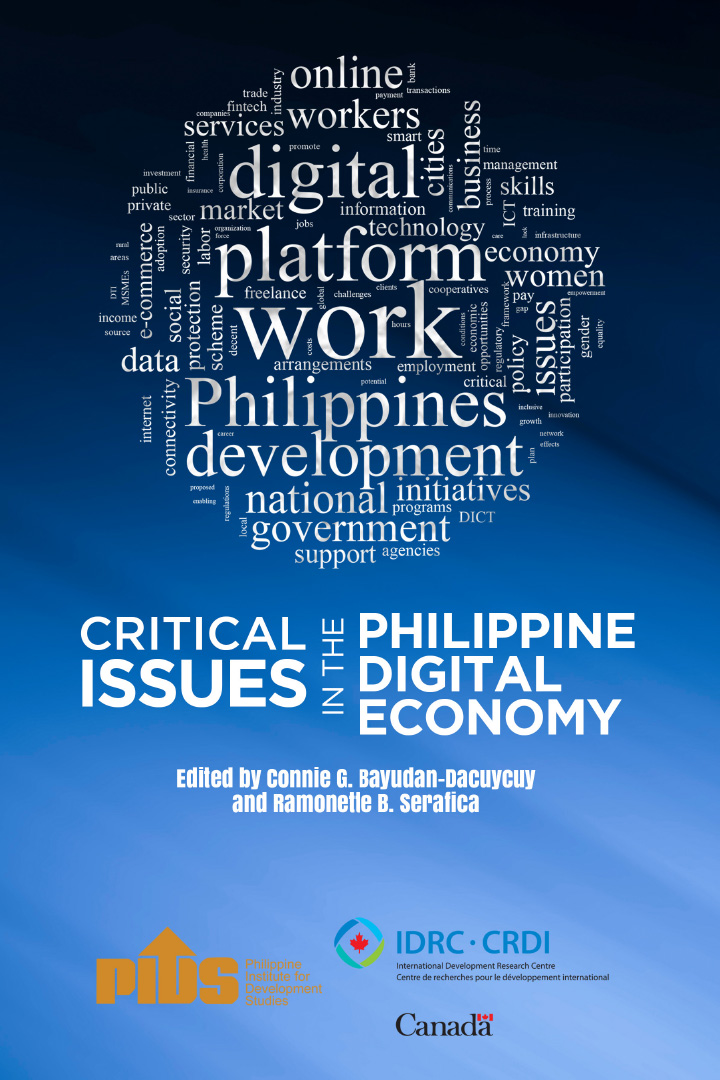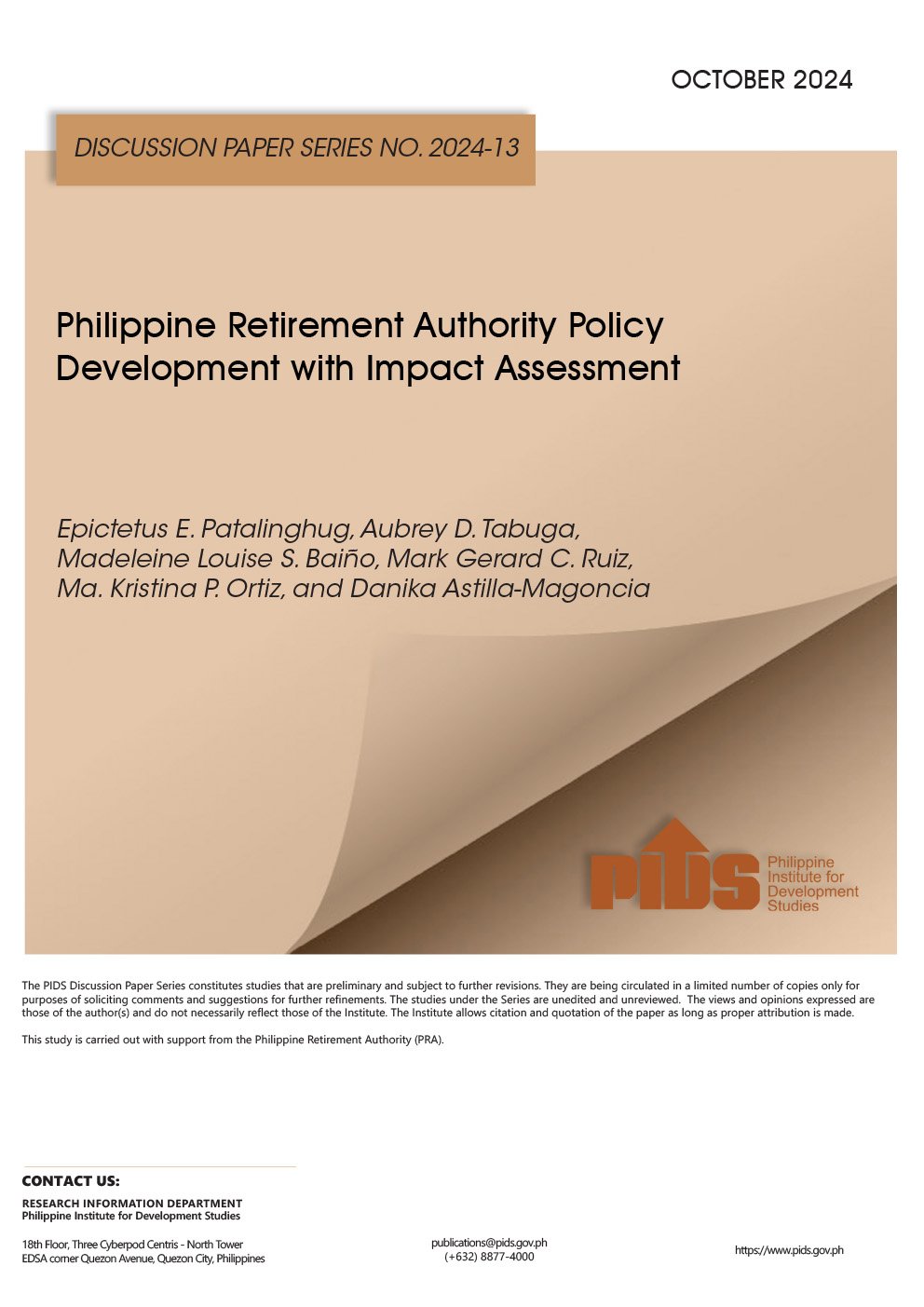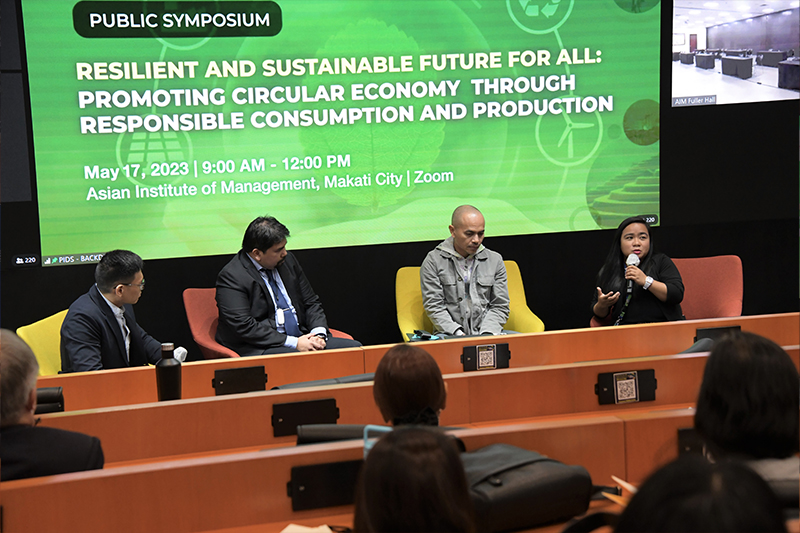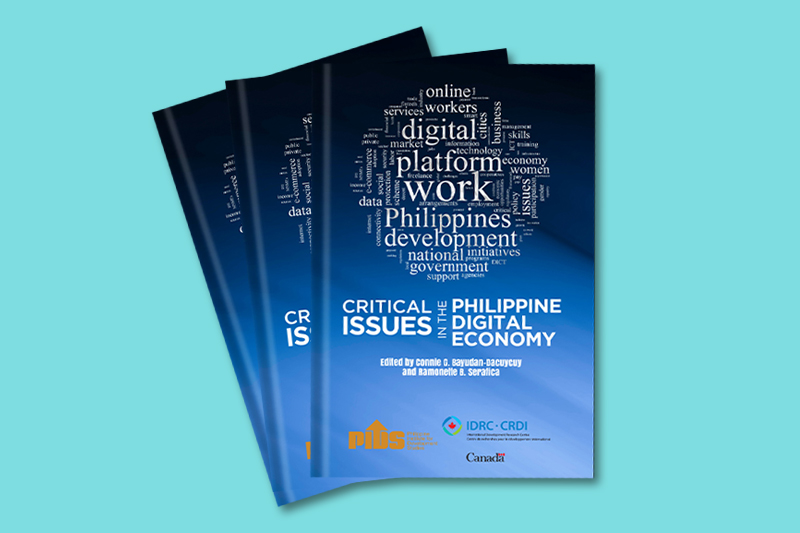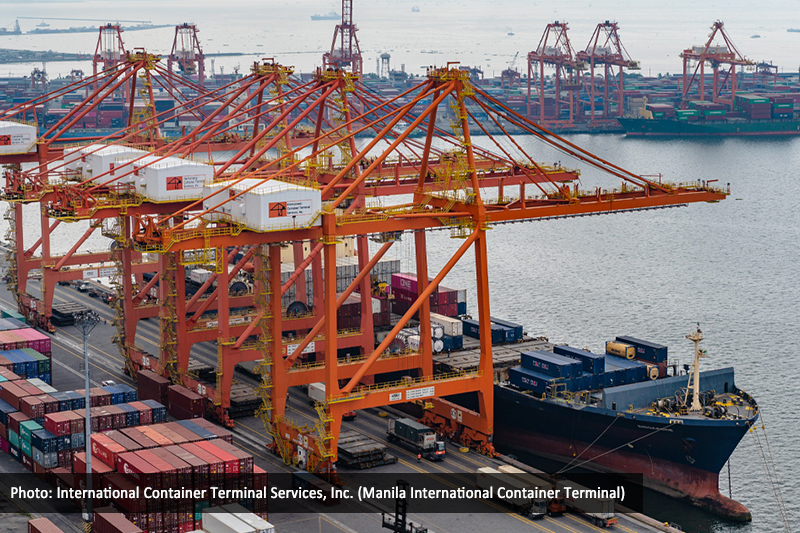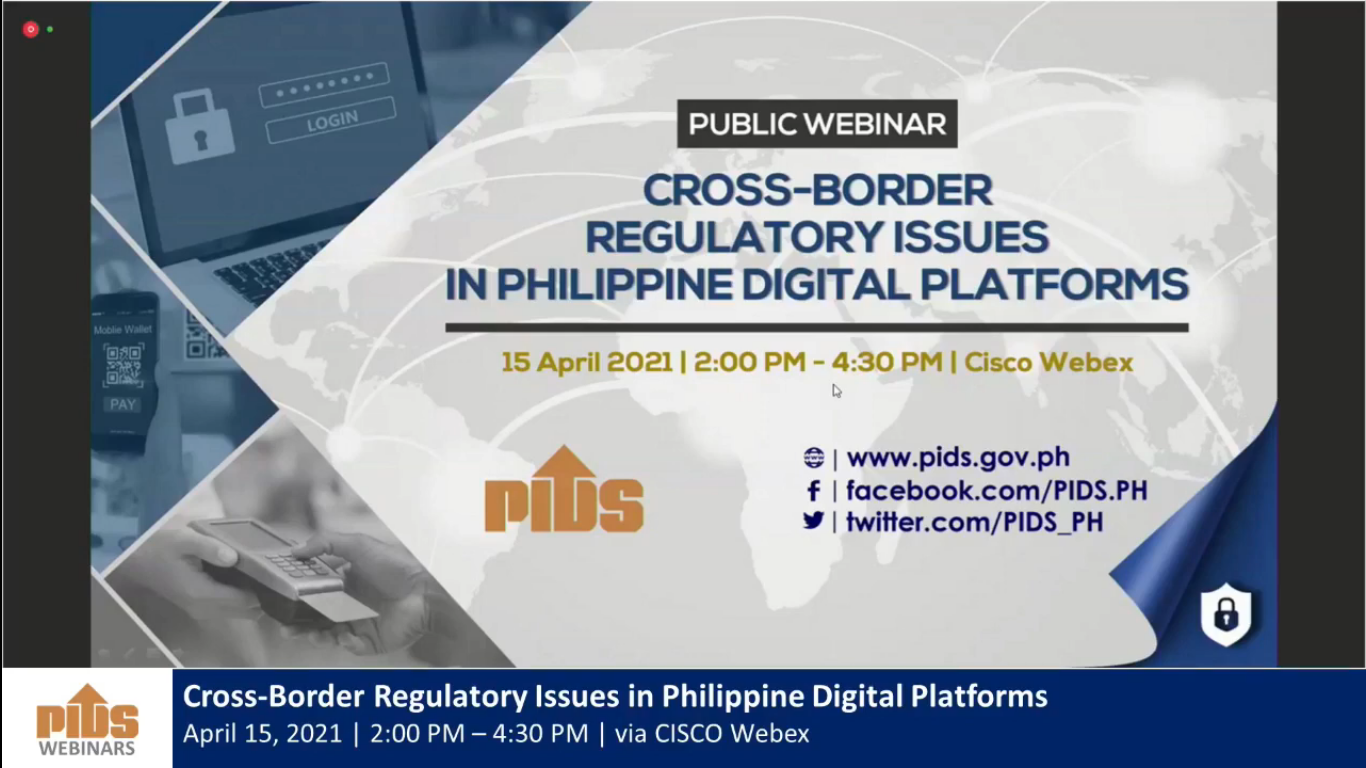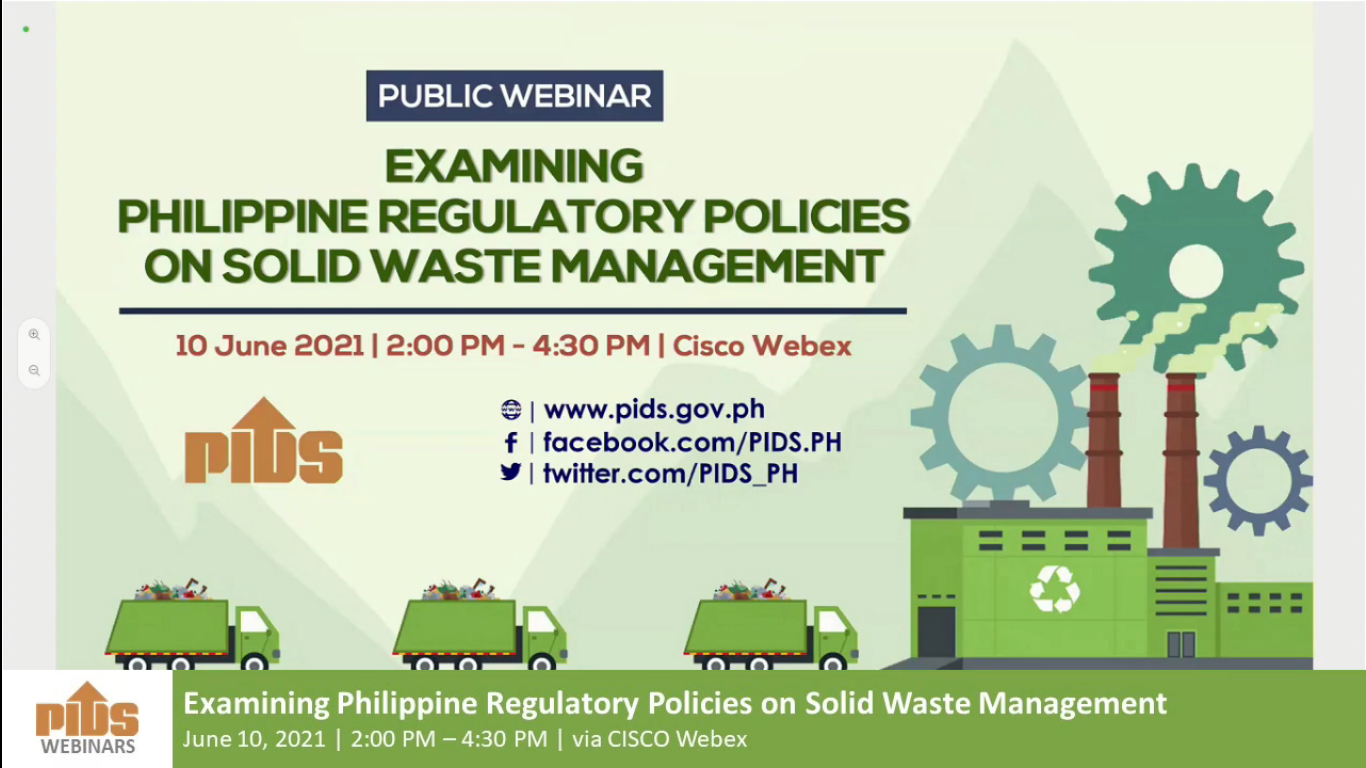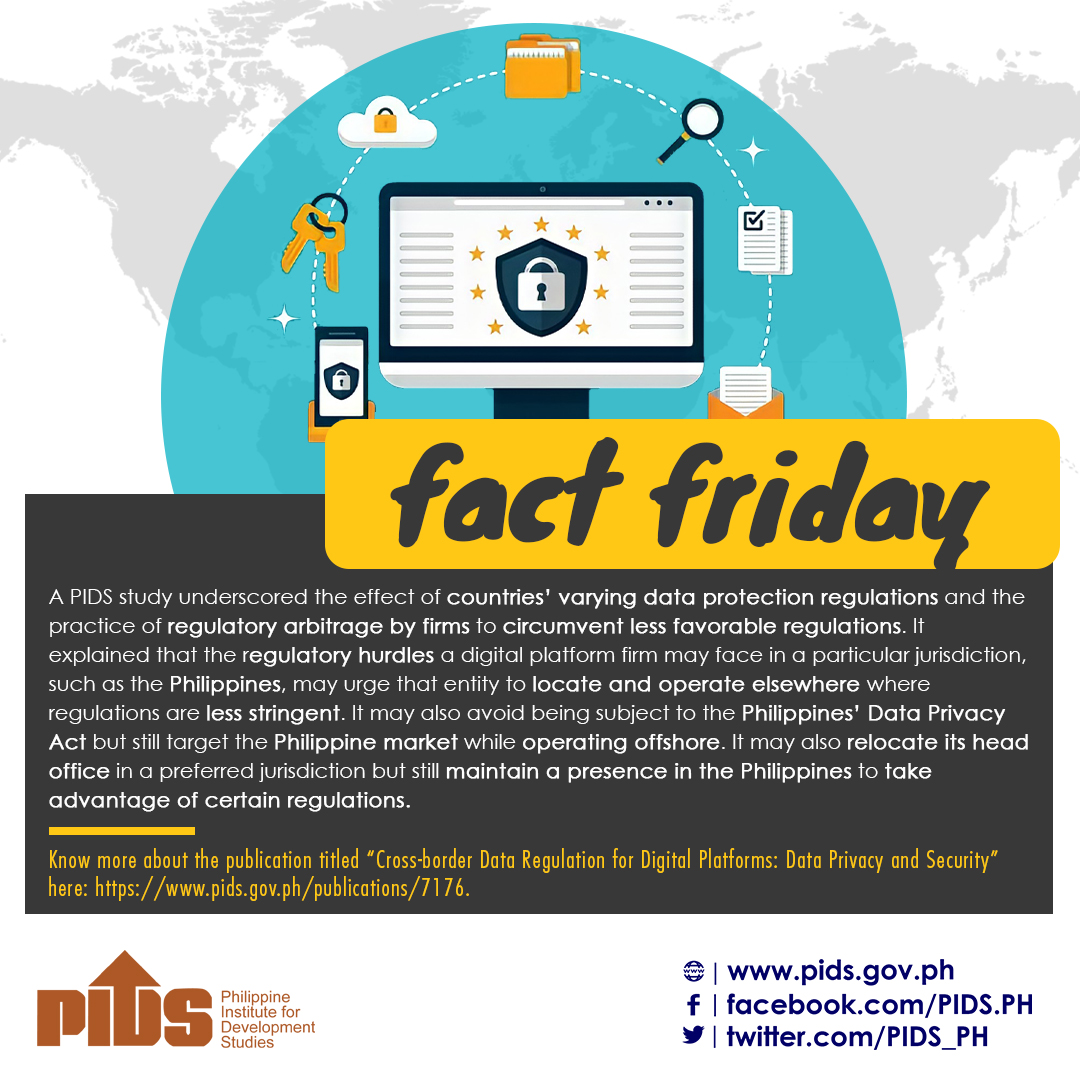Foreign direct investments (FDI) into the Philippines were once again the lowest among the ASEAN-6 (Association of Southeast Asian Nations) in 2014, at 5% of total Asean-6 FDI flows, only half of the proportionate share of the Philippines to the entire ASEAN-6 economy. Our investments to gross domestic product ratio at 20% is also well below the 25%-35% range in the other ASEAN-6.
This unhappy state of affairs of underinvestment by both domestic and foreign players persists despite unprecedented low international and domestic interest rates arising excess domestic savings from remittances and business process outsourcing. The investment response to surplus funds and improved credit rating has been relatively weak. What gives?
Analyst studies and global competitiveness surveys have pointed to three factors to explain this: (a) poor infrastructure, (b) unfriendly investment environment -- restrictions on foreign investments in the Constitution and certain laws and government policies, such as failed agrarian reform and rice policy, and (c) regulatory uncertainty and red tape. The first two have been well covered in earlier columns of my Introspective fellow columnists, Chikiamco, de Dios, and Fabella, and me. Allow me now to focus on the third. (See graphs)
Let me first cite some examples.
The 2016 Ease of Doing Business of the World Bank ranked us 103rd out of 189 countries; we are the second to the lowest among the ASEAN-6. To open a business, it takes 16 steps and 29 days. Best performing Singapore and Malaysia take 2.5 and 4 days, respectively. Even Vietnam, until recently a centrally-planned economy, is better at 20 days.
These surveys are based on what it takes to establish a small or medium enterprise. I don’t know whether we should take comfort that big companies suffer as long. I have seen a chart prepared by a major power industry player on the number of signatures it takes to get a power plant started, around 200. No wonder it takes twice as long to build a power plant here vs. elsewhere -- contributing to thin reserves and high cost power.
In the latest World Economic Forum Global Competitiveness report, 2015-2016, "inefficient government bureaucracy” climbed to the top spot as the most problematic factor for doing business in the country, from last year’s fourth place. Moreover, "complexity of tax regulations” ranked fourth, whereas elsewhere in the ASEAN it is not in the top 5 concerns.
I’m told that, under Revenue Memorandum Circular 7-2014, tricycle operators, farmers, fishermen and sari-sari store owners are now required to issue Bureau of Internal Revenue-registered receipts and sales invoices without any "de minimis threshold.” The World Bank has earlier warned that "Certain tax policy regimes are both inefficient and detrimental to job creation. Enforcing the current weak tax design may yield more revenues but will have adverse impacts on jobs” (World Bank, "Philippine Economic Update,” 2014).
Then there are the big disputes arising from sudden idiosyncratic reinterpretation by regulatory bodies of contracts after more than a decade of being implemented and celebrated as successful examples of public-private partnerships. I refer to the two water concessions of the Metropolitan Waterworks and Sewerage System, the Shell-Oxy Malampaya project, and the Manila North Tollways Corp.; all are now or about to enter international arbitration initiated by the private parties against government for non-implementation of contracts in amounting to several tens of billions of pesos.
I cannot recall there being so many concurrent international arbitrations at one time.
How can Public-Private Partnership (PPP) projects for infrastructure, in the platforms of all of the Presidentiables, take off unless government can provide greater regulatory clarity and stability?
Recognizing the importance of effective and sound regulations, other countries have pursued government-wide action in improving regulatory quality. Countries belonging to the Organisation for Economic Co-operation and Development (OECD) have adopted an explicit "whole-of-government” approach to regulatory reform, which requires stakeholder engagement in extensively reviewing regulations, use of regulatory impact assessment (RIA) by oversight bodies for an evidence-based policy-making, and conduct of effective ex-post evaluation of policies.
In our region, Vietnam has made great strides in overhauling its administrative procedures. They call this reform process "regulatory guillotine.” Vietnam, in 2007, established a "Project 30” unit in their government, with the goal of simplifying administrative procedures and reducing administrative costs by at least 30%. It is no surprise then that Vietnam has continued to be ahead of us in the Ease of Doing Business rankings and has received 50% more FDIs than us.
Malaysia, in 2013, launched the National Policy for the Development and Implementation of Regulations, and has started implementing reforms in regulatory practice, such as requiring RIA for all new regulations.
Also South Korea, which was able to review over 11,000 regulations, in the process eliminating almost 50% of them, all within the span of 11 months. Over 1 million new jobs and $36 billion in FDIs were projected to be the economic gains of such regulatory cleanup.
To keep in step with our neighbors, a comprehensive regulatory package must be part of next administration’s reform pillars.
In a recent Philippine Institute for Development Studies seminar (for more information, visit http://goo.gl/l2hvCj), NEDA Deputy Director General and University of the Philippines Professor Emmanuel F. Esguerra identified elements from OECD and ASEAN for best practices for good regulation. These are: internationally recognized processes, systems, tools and methods for improving quality of regulation, a system for implementing public consultation and stakeholder engagement and impact analysis of regulations to achieved desired policy objectives.
Beneath technocratic language is the political reality of bureaucratic inertia and entrenched interests in the status quo labyrinth that must be overcome.
Hopefully, our next leader will have the vision and political will and skill to take on this difficult but necessary task for the Philippines to truly travel the "tuwid na daan” to inclusive investment-led growth.
Romeo Bernardo is a Trustee of Institute for Development and Econometric Analyis and of the Philippine Institute for Development Studies.
romeo.lopez.bernardo@gmail.com

